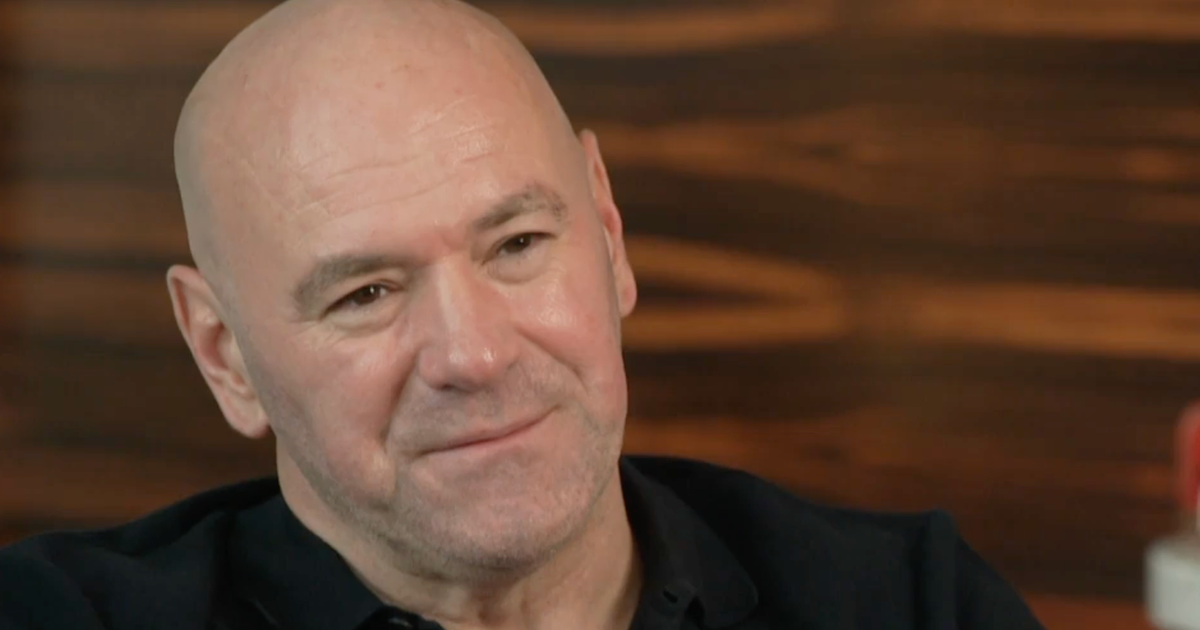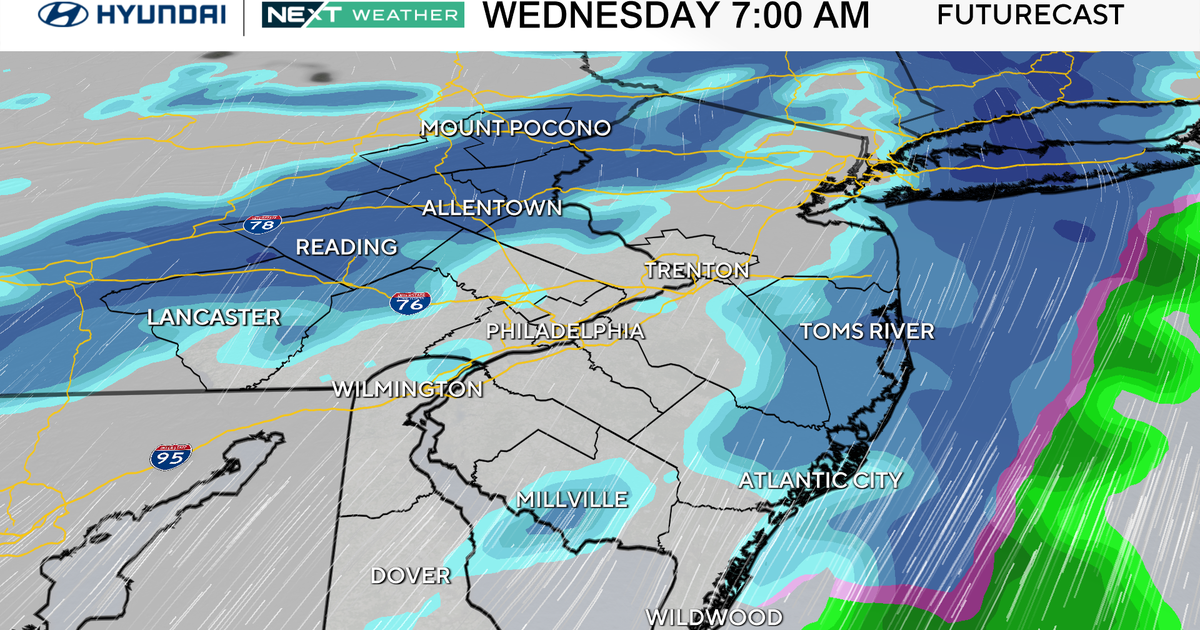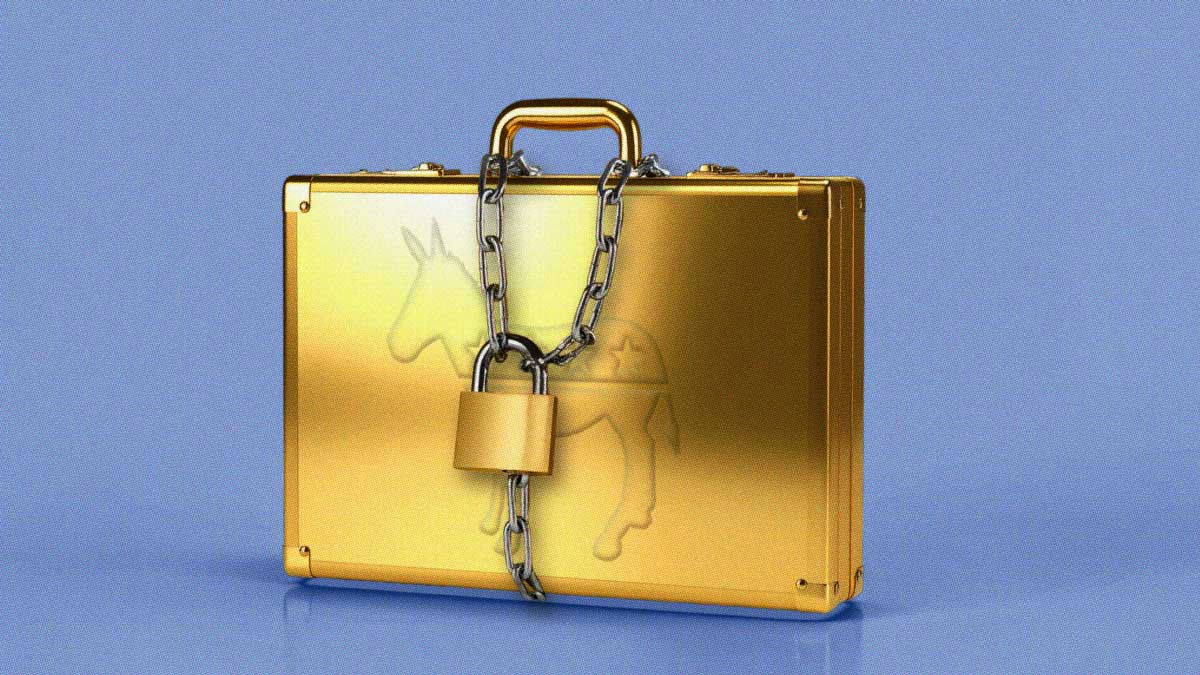JetBlue CEO Robin Hayes says coronavirus impact on airline demand is "probably worse than" after 9/11
The coronavirus outbreak could cost airlines over $100 billion in global revenue, according to an industry group calculation. JetBlue CEO Robin Hayes compared the drop in business to the 30% dip airlines experienced after the 9/11 attacks, and said it was "probably worse than that" in terms of demand for the industry.
"This is the sort of event in the airline industry we only tend to see about once every ten years," Hayes said on "CBS This Morning" Wednesday.
JetBlue shares have dropped more than 20% since the first confirmed case of coronavirus in the U.S. The company cut domestic flights because of decline in passengers and activated a special response team to monitor the situation.
Hayes called coronavirus' impact on the industry "devastating." He noted JetBlue had good numbers in January and February, but started to see a drop off "around February 25."
He also addressed peoples' paranoia over flying amid global coronavirus outbreaks, saying he wanted people to know flying was "as safe as everything else you do in your daily life."
"We've done a number of things," he said. "First of all, we are deep cleaning and sanitizing and disinfecting our airplanes every night. In addition, we have wipes on board so customers can come on and can wipe down their seat if they want to sort of take some additional precautions."
As to people's concern about the quality of air they are breathing during longer flights, Hayes set out to "dispel a few myths."
"The way the air systems work is the air tends to come in the top of the airplane, and it comes down and comes out of the bottom. Air is recycled on average every three minutes in the cabin." He said they use HEPA filters, which are hospital-grade, mechanical filters that capture particles to what he claims is 99.99% efficiency.
"The air is better than most places that you would spend every day," Hayes said.
Hayes also outlined JetBlue's protocol if a passenger was found to be infected. First, he said, the airline would be notified by the CDC or state health officials. They then would notify passengers and their crew before the airplane is immediately pulled out of service for a "deep clean."
When asked if he was satisfied with what the Trump administration was doing to handle the outbreak after President Trump and Vice President Pence's meeting with airline executives, Hayes said they still have "one urgent ask."
Hayes said that there were "slots" for each airline at congested airports such as John F. Kennedy and LaGuardia in New York. Airlines are mandated to utilize the slots a certain amount of times per season, or they risk losing them.
He pointed to the same rule in Europe, which resulted in airlines flying empty planes to meet the quota until they recently reversed it due to the current climate. He warned a similar outcome could result in the U.S. but said he was "confident" the administration would act.
Hayes said that passengers were still airlines' main priority.
"On safety, U.S. airlines don't compete. We're all in this together. And you know, we all want to make sure that we are taking care of our customers through this time when there's so much fear and concern out there," he said.



